Electronic design automation has evolved to an extent that the complex chips with tens of billions of transistors frequently produce first pass functional prototypes from the manufacturer. What makes this so incredible is that such a small portion of the possible states of electronic operation are actually tested in the simulation… Read More
Electronic Design Automation
Tcling Your Way to Low Power Verification
OK – maybe that sounds a little weird, but it’s not a bad description of what Mentor suggests in a recent white-paper. There are at least three aspects to power verification – static verification of the UPF and the UPF against the RTL, formal verification of state transition logic, and dynamic verification of at least some critical… Read More
For EDA Users: The Cloud Should Not Be Just a Compute Farm
When EDA users first started considering using cloud services from Google, Amazon, Microsoft, and others, their initial focus was getting access for specific design functions, such as long logic or circuit simulation runs or long DRC runs, not necessarily for their entire design flow. If you choose to use the cloud this way, you… Read More
Carnegie Robotics Case Study: RTLvisionPRO
RTLvisionPRO has proven to be an indispensable tool which has greatly improved the productivity and work-flow of our current task: understanding, verifying, and documenting the existing RTL IP library at our company. Consisting of about 500 Verilog and VHDL files, the library has been under development for several years and… Read More
WEBINAR: Lightspeed Data Sync – Design Workspace Problems Solved!
With every process node and every SOC design, engineering and IT teams are experiencing an unprecedented data explosion. User workspaces routinely exceed 10’s of GB and sometimes even 100’s of GB. Regression runs, characterization runs, design and debug of workspaces, building verification environments – all of these… Read More
3D TCAD Simulation for Power Devices
My first IC design back in 1978 was a DRAM and it ran on 12V, 5V and -5V, but then my second DRAM was using only a 5V supply. Today we see SOCs running under a 1V supply voltage, but there is a totally different market for power devices that are at the other end of the voltage spectrum and they handle switching ranges from 12V – 250V. … Read More
Lint for Implementation
When I was at Atrenta, we took advantage of opportunities to expand our static tool (aka linting) first to clock domain crossing (CDC) analysis and DFT compatibility and later to static analysis of timing constraints, all of which have importance in implementation. CDC is commonly thought of as an RTL-centric analysis, however,… Read More
Tensilica DNA 100 Brings the AI Inference Solution for Level 2 ADAS ECUs and Level 4 Autonomous Driving
I recently wrote about Tensilica’s HiFi DSPs which played a significant role at Cadence’s Automotive Design Summit which was held on the Cadence San Jose campus at the end of July. That article focused on infotainment while briefly touching on Advanced Driver-Assistance Systems (ADAS). ADAS is NOT synonymous with autopilot.… Read More
Build More and Better Tests Faster
Breker has been in the system test synthesis game for 12 years, starting long before there was a PSS standard. Which means they probably have this figured out better than most, quite simply because they’ve seen it all and done it all. Breker is heavily involved in and aligned with the standard of course but it shouldn’t be surprising… Read More
Achieving Functional Safety through a Certified Flow
Functional safety (FuSa) is a big deal, especially when driving a car. My beloved 1998 Acura RL recently exhibited a strange behavior at 239K miles, after making a turn the steering wheel would stay tilted in the direction of the last turn instead of straightening out. The auto mechanic pinpointed the failure to the ball joints, … Read More



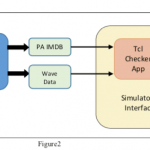
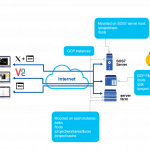

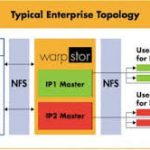
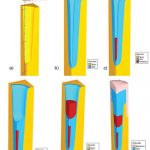
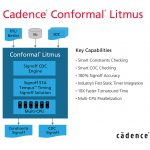
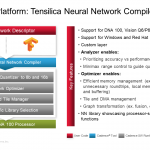
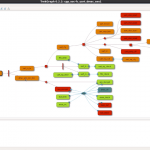
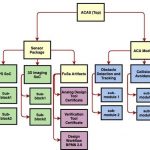
TSMC N3 Process Technology Wiki